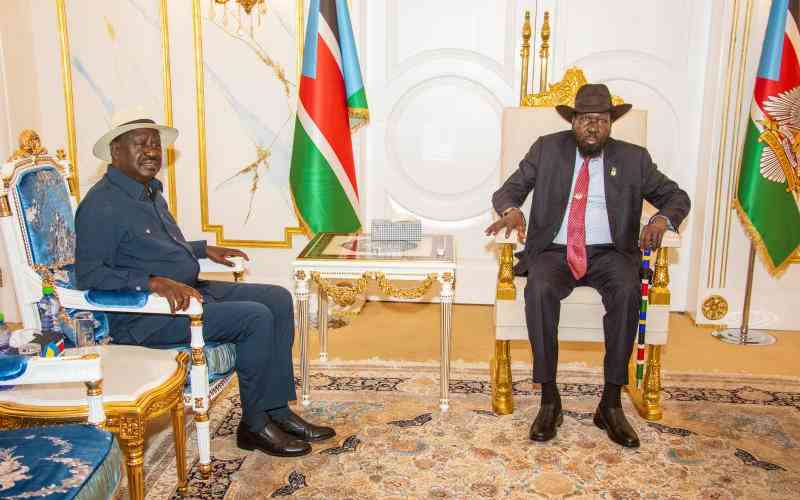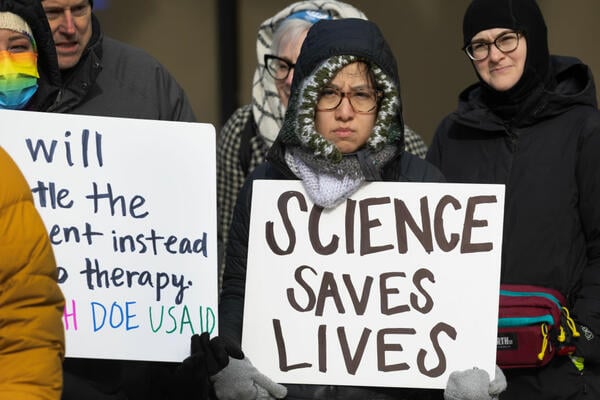Protein power! ASU creating AI to predict cellular interactions
Proteins are complex molecules that are needed to grow and repair cells. Our bodies contain more than 10,000 types that carry oxygen throughout our blood, help make antibodies to fight against diseases and give us energy.
In the human body, proteins interact with each other in many ways, carrying out functions such as gene regulation and DNA repair. Since these interactions are part of every cellular process, better understanding them can help treat a wide range of human diseases.
Heewook Lee is on the forefront of efforts to develop artificial intelligence, or AI, systems that predict cellular protein interactions.
Lee is an assistant professor of computer science and engineering in the School of Computing and Augmented Intelligence, part of the Ira A. Fulton Schools of Engineering. He has received a $1.8 million Maximizing Investigators’ Research Award, or MIRA (R35), from the National Institute of General Medical Sciences, or NIGMS, part of the National Institutes of Health, or NIH. The grant is part of NIGMS efforts to support work by promising early-career researchers.
He is developing new algorithms, or the set of instructions that computers use to do their work, innovating a type of AI known as machine learning.
Machine learning is a form of AI where computer systems analyze huge sets of data, detect patterns and then learn from those patterns, making helpful predictions. Using the NIGMS support, Lee and his team plan to create open source, publicly available tools that can be used in many contexts in health care, including by pharmaceutical experts looking to develop new drugs.
Lee’s work is focused on immune receptors and their antigen recognition which is a specialized type of cellular protein interaction where cells spot threats and respond accordingly. The ultimate goal of the project is to create computational models to predict protein interactions and design antigen-specific immune receptors, or ways to trigger a response from the body’s immune system tailored to distinct invaders.
Lee notes that his work isn’t designed to target any specific disease and says it has the potential to aid in the creation of treatments for cancer and other infectious diseases.
“Cancer is particularly scary because it begins with a healthy host cell. It’s a disease of mutation,” he says. “I’d liken it to how a rogue cop can be more dangerous than a criminal because he is working from the inside.”
Some relatively new forms of cancer treatment are T cell receptor therapies, or TCR therapies, in which a patient’s own cells are modified to target and destroy cancerous cells. The first of these therapies, afamitresgene autoleucel, was approved for use by the U.S. Food and Drug Administration in 2024.
But experts believe there are as many as a quadrillion TCRs in the human body, making the design of new lifesaving therapies a potentially lengthy, arduous process. Lee believes AI can help.
“We’re designing predictive machine learning algorithms, and one possible use is to assist in the selection of the most helpful TCRs with the best therapeutic potentials,” Lee says. “You can’t give a patient thousands of types of therapies, so we’re trying to create models that can identify the ones most likely to work for that patient’s specific disease.”
The models should be able to make similar predictions about the role proteins play in cellular interactions with viral proteins which are produced by viruses during their replication cycle.
The five-year grant will fund research activities in Lee’s lab, including study opportunities for students and postdoctoral scholars. He is an emerging leader in biomedical research with an additional appointment in the ASU Biodesign Institute Center for Biocomputing, Security and Society.
Lee also hopes that his algorithms will be useful to researchers in laboratories, known as wet labs, where experiments are performed on biological samples. He believes a synergy between wet labs and dry labs, like his, is essential to ensure accurate results and to advance immunotherapy.
“I depend on collaborators for data,” he says. “And I hope what we’re producing will be helpful to them as well.”
Ross Maciejewski, director of the School and Computing and Augmented Intelligence says that Lee is making an important contribution to the research mission of the school.
“The award from the NIGMS solidifies Heewook’s role as a highly promising researcher and highlights the increasing importance of computer engineering in the medical sector,” Maciejewski says. “The funding is likely to yield significant and useful results that contribute to a healthier future.”









